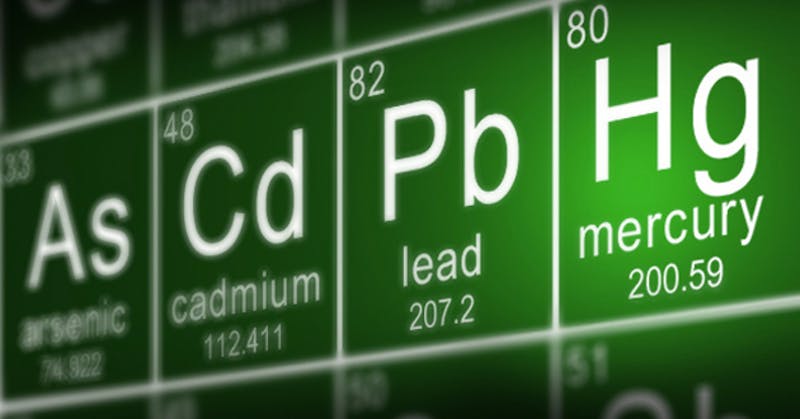CLSI C42 Multi-Metal Screening in Infant Formula
The CLSI (Clinical and Laboratory Standards Institute) guideline C42 focuses on multi-metal screening, providing a standardized method for assessing the presence of heavy metals such as lead, cadmium, mercury, arsenic, chromium, and others in infant formula. This test is crucial to ensure that products meet regulatory standards and are safe for infants.
The CLSI C42 protocol involves a rigorous screening process designed to identify potential contaminants before they reach the consumer market. It is essential in maintaining compliance with international standards like ISO 6583, which sets guidelines for infant formula and milk powder. This service plays a pivotal role in safeguarding public health by reducing the risk of exposure to harmful elements.
The testing process begins with the collection of samples from various batches of infant formula. These samples are then prepared according to specified guidelines, ensuring that each sample is representative of the batch it was taken from. The most commonly used method for this preparation involves digestion techniques such as acid digestion or microwave-assisted digestion.
The digested samples are analyzed using advanced instrumentation such as Inductively Coupled Plasma Mass Spectrometry (ICP-MS) and Flame Atomic Absorption Spectroscopy (FAAS). These instruments provide precise quantification of the metals present in the samples. The results generated by these methods are compared against the CLSI C42 guidelines to determine if any metal concentration exceeds acceptable levels.
It is important to note that the CLSI C42 protocol does not only focus on individual metals but also considers their synergistic effects when present in combination within a single product. This comprehensive approach ensures a more accurate assessment of potential health risks associated with trace elements.
The results of the CLSI C42 multi-metal screening are reported according to strict guidelines provided by the protocol itself. Reporting includes not only quantitative data but also qualitative assessments regarding compliance status and recommendations for corrective actions if necessary. Compliance officers responsible for quality assurance can leverage this information to make informed decisions about product safety.
This service is particularly valuable in ensuring that infant formula meets stringent regulatory requirements set forth by organizations like the Food and Drug Administration (FDA) and World Health Organization (WHO). By adhering to these guidelines, manufacturers demonstrate their commitment to producing safe and reliable products for infants and young children.
Benefits
The implementation of CLSI C42 multi-metal screening offers several significant benefits:
- Informed Decision-Making: Provides scientific data for quality control and compliance officers to make informed decisions.
- Risk Mitigation: Helps in identifying potential risks early on, thereby minimizing the chances of product recalls or lawsuits.
- Consumer Confidence: Demonstrates a commitment to safety, enhancing brand reputation and trust among consumers.
- Regulatory Compliance: Ensures that products meet all relevant standards set by regulatory bodies like FDA and WHO.
Industry Applications
The CLSI C42 multi-metal screening is widely used across various sectors within the food and feed industry:
R&D Engineers: Utilize this service to explore new formulations without compromising safety.
Quality Managers: Reliance on this test helps in maintaining consistent product quality.
Compliance Officers: This tool is instrumental in ensuring regulatory compliance and avoiding legal issues.
Why Choose This Test
The CLSI C42 multi-metal screening stands out due to its accuracy, reliability, and comprehensive approach. Here are some reasons why choosing this test is beneficial:
- Standardized Methodology: Adherence to established international standards ensures uniformity in testing procedures.
- Precision Instrumentation: Use of advanced analytical instruments guarantees precise and accurate results.
- Comprehensive Analysis: The test covers multiple metals simultaneously, providing a holistic view of metal content.
- Timely Results: Quick turnaround times allow for immediate corrective actions if needed.





